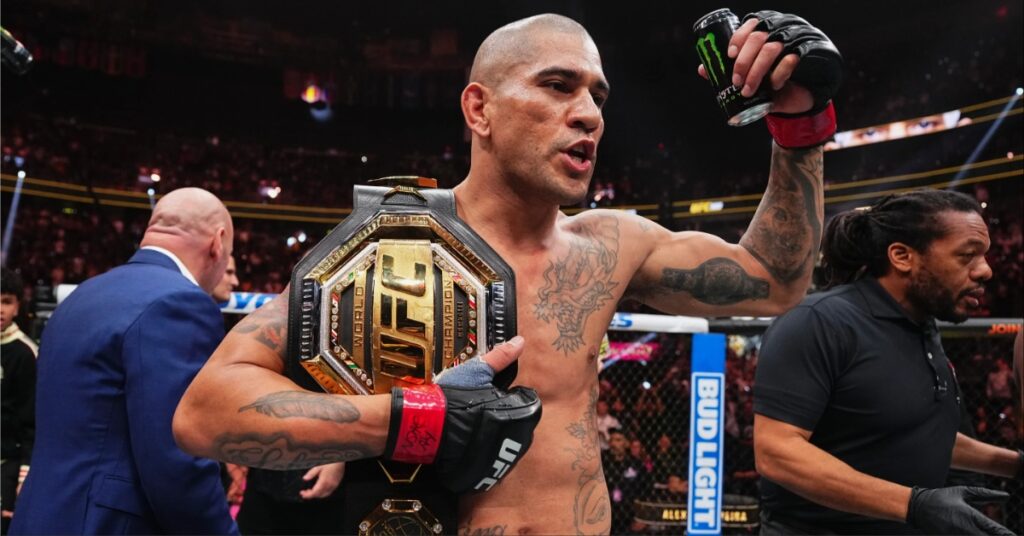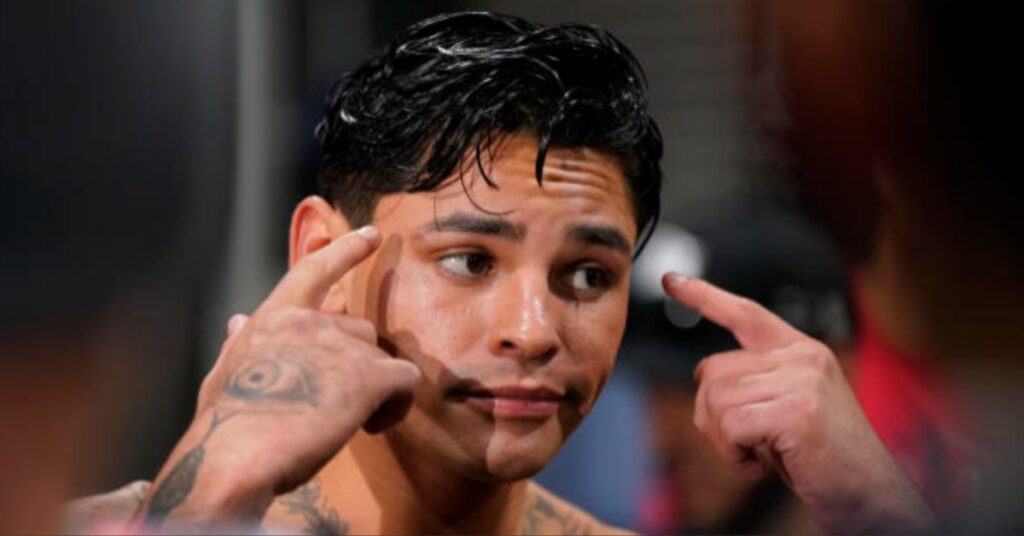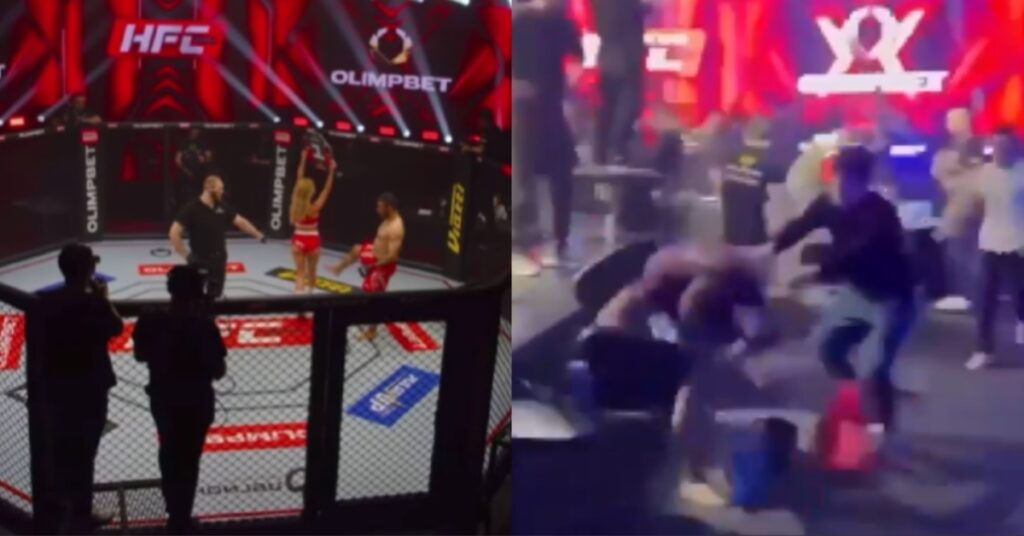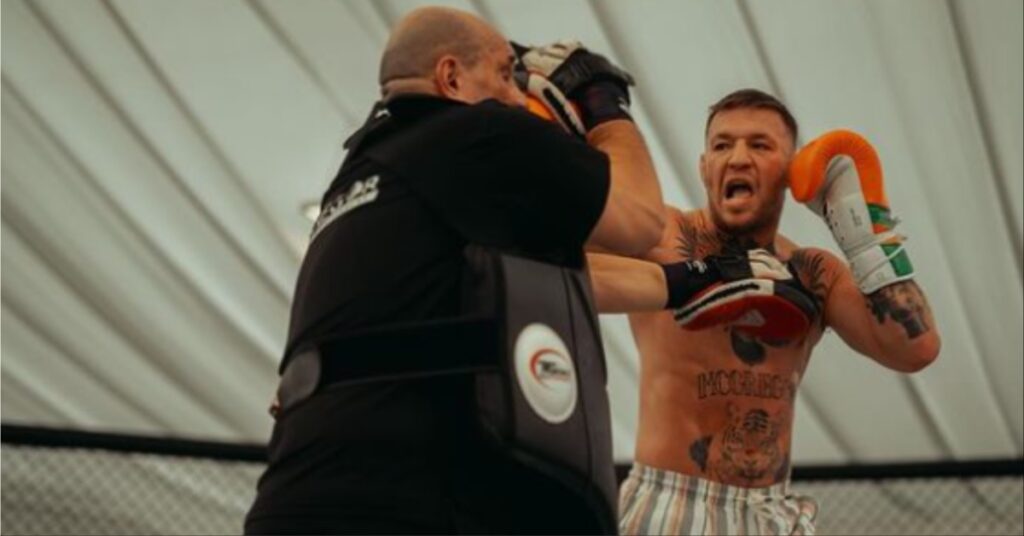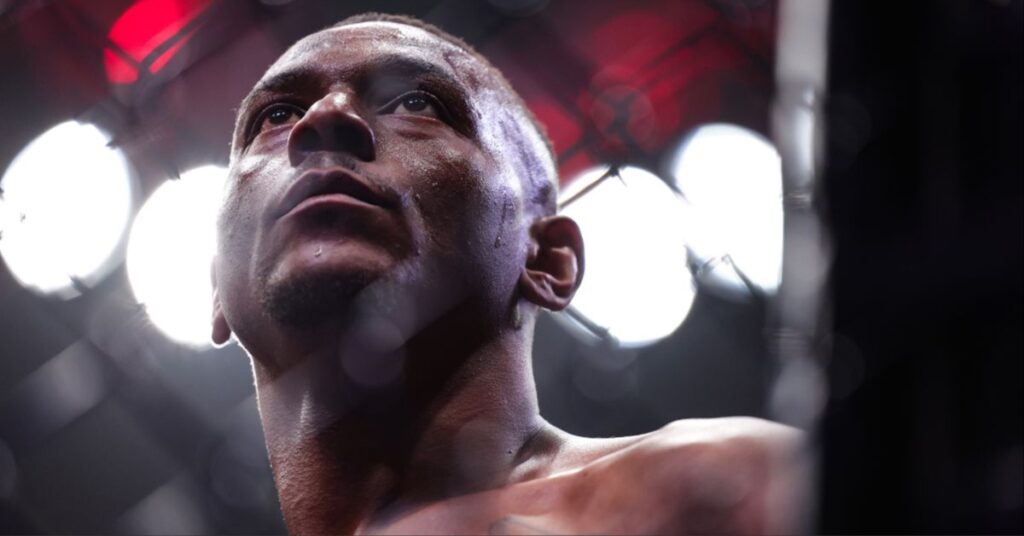UFC Makes Major Changes To USADA Drug-Testing Policy
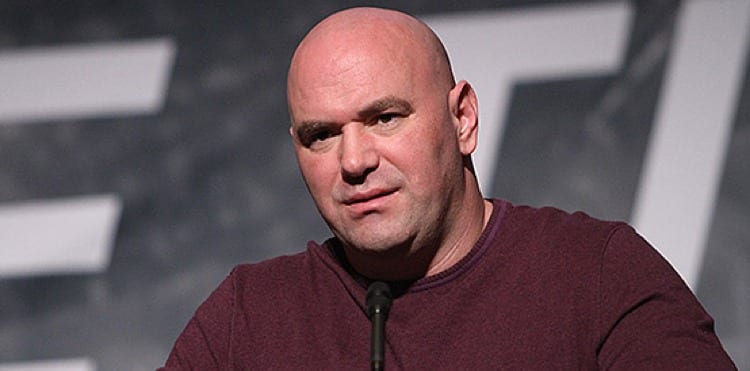
The UFC’s anti-doping partnership with USADA drug testing has caught many fighters using banned substances in its three-year existence.
It’s also caused a massive amount of controversy and question marks due to some perceived inconsistencies. A large part of the uncertainty stemmed from the fact USADA announced when a fighter was flagged for a ‘potential’ violation long before the case was actually sorted out. That resulted in many a fighter’s name being dragged through the mud only to see them sort out the case.
Oftentimes, fighters with previous potential violations would receive a small suspension or no punishment. The damage was done to a fighter’s reputation, however. Many would be branded cheats even if they were ultimately exonerated of any true PED usage. The court of public opinion is quick to convict in today’s fast-paced, social media-driven world.
Major changes will be coming to the UFC’s program with USADA as a result. UFC Chief Legal Officer Hunter Campbell confirmed to ESPN that the UFC will now only announce a fighter failing a drug test when the case is resolved:
“If an athlete has a positive drug test, we aren’t putting them in a fight until their case is resolved — but what we can do is give the athlete an opportunity to adjudicate their issue without the public rushing to judgment. Announcing the test result creates this narrative around the athlete before people understand the facts.”
Contents
A Tenuous Grey Area
The UFC will reportedly follow the path of how Olympic athletes’ USADA cases are announced. Obviously, a significant determining factor was the number of cases that resulted in the fighter being exonerated in some way. Putting that in perspective, UFC Vice President of Athlete Health and Performance Jeff Novitzky said that 62 athlete cases have been adjudicated by USADA since the inception of its partnership with the UFC in 2015.
An astounding 21 of those cases were determined to be of unintentional use, mostly involving the all-too-familiar tainted supplement. This has affected many top-level fighters. Legendary former middleweight champion Anderson Silva was recently cleared of a second failure due to a tainted supplement. He was branded a cheat and his legacy tarnished first.
Infamous False Failures
UFC women’s featherweight champion Cris Cyborg was also flagged for a potential violation last year. Cyborg did infamously fail for stanozolol during her Strikeforce days, and the public rushed to condemn her. She was cleared due to a therapeutic use exemption (TUE) shortly thereafter. Former UFC heavyweight champion Junior dos Santos was also flagged and ultimately proved his innocence due to a tainted supplement. But he lost a year of his fighting career before he was.
Josh Barnett was also flagged and provisionally suspended. He spent well over a year in painstaking litigation only to have his lawyers prove he was flagged for unintentional use. The process was so hard to deal with he asked for and received his release from the UFC. Barnett does have a lengthy history with real PED usage, but he was found to be innocent in this case.
Regardless of a fighter’s background or if they were flagged for a banned substance or tainted supplement, the case should definitely be resolved before it becomes public knowledge.
Campbell said the UFC is looking to avoid that outright period of initial doubt and condemnation:
“Part of the feedback Jeff and I have received from the athletes is, ‘I would have appreciated the opportunity to adjudicate this, so the story could be I tested positive, a full investigation was conducted and it was found the use was unintentional,'” Campbell said. “That story is very different than giving somebody a six-month window, where they are trying to defend themselves against accusations they are a cheater.”
Step In The Right Direction
It’s a great idea and one many in MMA have called for quite some time. Another issue being put under scrutiny is the severity with which it punishes those flagged for tainted supplements.
Novitzky said that there will still be punishments for unknowingly ingesting banned PEDs and other substances. But those instances won’t be given the same major punishment as obvious and intentional cheaters:
“This program is meant to punish and catch intentional cheaters,” Novitzky said. “None of us are saying there will be no liability when it comes to unintentional use, but to punish that level of liability in the same manner of someone who was knowingly using something is not what this program was meant to do.”
Will the above changes lead to USADA’s anti-doping efforts with the UFC being lent more credibility?

